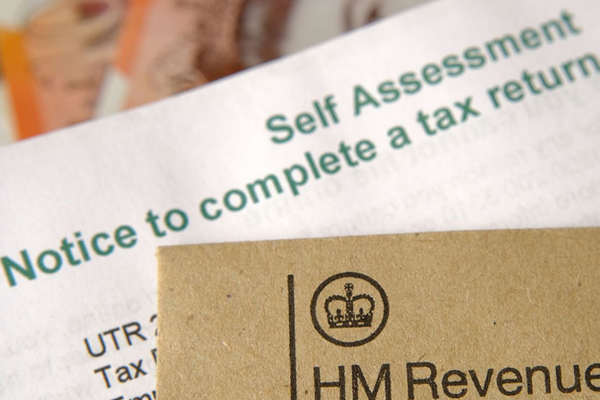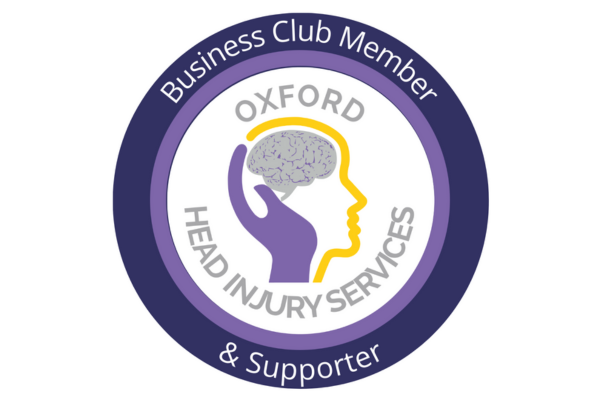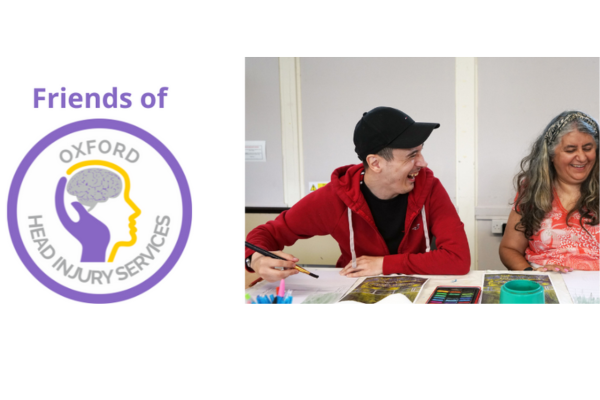News
News & Events
What are the tax benefits of donating to charity?
In a world where compassion and kindness can transform lives, charitable donations are a powerful way to make a difference and at the same time receive tax benefits.
Giving back to the community through charitable donations not only makes a positive impact on society but also comes with its own set of rewards. Beyond the heartwarming feeling of helping those in need, charitable donations offer significant tax benefits to donors.
Beyond the inherent satisfaction of making a difference in the lives of others, donating to charitable causes offers compelling tax incentives for both individuals and businesses. From reducing taxable income through deductions to leveraging appreciated assets and incorporating charitable bequests in estate planning, the tax benefits of giving are substantial.
In this article, we will delve into the tax benefits of donating to Charities in these ways:
Tax Deductible Donations
One of the primary tax benefits of donating to charity is the ability to deduct the donated amount from your taxable income. When you itemise deductions on your tax return, the donated sum reduces your overall taxable income, lowering your tax liability.
Gift Aid
Donating through Gift Aid means charities can claim an extra 25p for every £1 you give. It will not cost you any extra. Your donations will qualify as long as they’re not more than 4 times what you have paid in tax in that tax year.
You have the ability to claim tax relief personally if you pay tax above the basic rate. You can claim back the difference between the tax you’ve paid on the donation and what the charity got back when you fill in your Self Assessment tax return. For example, You donate £1,000 to charity – they claim Gift Aid to make your donation £1,250. Let’s say you pay 40% tax so you can personally claim back £250.00 tax relief (£1,250 x 20% difference). You can also claim your tax relief sooner in the current year.
Payroll Giving
If your employer or pension provider offers a payroll giving scheme, then any donations you give through the scheme will be taken before Income Tax is taken off.
The tax relief you get depends on the rate of tax you pay. To donate £1, you pay:
- 80p if you’re a basic rate taxpayer
- 60p if you’re a higher rate taxpayer
- 55p if you’re an additional rate taxpayer
Nb. Slightly different for Scotland
You’ll still pay National Insurance contributions on the amount of your donation, but you will not pay any Income Tax on the amount you donate.
Capital Gains Tax Savings
For those who hold highly appreciated assets, such as shares, land or property, donating these assets directly to a charitable organisation can be a strategic move to save on capital gains taxes. By donating appreciated assets, you avoid paying capital gains tax on the appreciated value, which would have been applicable had you sold the assets. This way, you maximise your donation’s impact while reducing your tax burden. You may have to pay CGT if you sell them for more than they cost you but less than their market value. The gain is worked out using the amount the charity actually pays you, rather than the value of the asset. Additionally, you may also be able to claim income tax relief.
Estate Tax Benefits
Charitable donations can also play a crucial role in estate planning. When you include a charitable bequest in your will or trust, the donated amount is excluded from your estate’s taxable value, reducing potential inheritance tax. Bequests provide an opportunity to support charitable causes close to your heart while providing for your loved ones and minimising the tax liability on your estate.
Corporate Philanthropy
For businesses, philanthropy not only builds a positive corporate image but also brings about tax advantages. Companies can claim deductions for their charitable contributions, which can significantly impact their bottom line. Additionally, corporate giving can enhance employee morale, attract socially conscious customers, and create strong community ties.
Eligible donations include financial donations, equipment or items sold by the company – land, property and shares – and sponsorship payments or employees working charitable days or on secondment to a charity.
Other options
There are other vehicles, such as charitable trusts, but these are more complicated and need professional guidance.
The purpose of this blog is to act as a guide only. It is accurate as of the time of its publication August 2023, but tax regulations change from time to time. We recommend seeking professional advice related to your personal circumstances at all times.
Come join our Business Club to support our work
Working together to support our work and impact in the community
Our Business Club is designed to bring together well-respected businesses who support our work and impact in the community. By joining our club you can support us to continue this work and align your brand with a highly respected local charity at the heart of the community.
For more details and what’s included please visit our Business Club page by clicking here
News & Events
Bringing you the latest news on our services, events, fundraisers, personal stories, campaigns and celebrations from Oxford Head Injury Services.
The impact of suffering a brain injury
Suffering a brain injury can have a profound impact on [...]
Friends of OHIS (join us!)
A call out to all our friends! You may be [...]
OHIS on the local TV
On Friday 28th July 2023, our Head of Marketing & [...]





